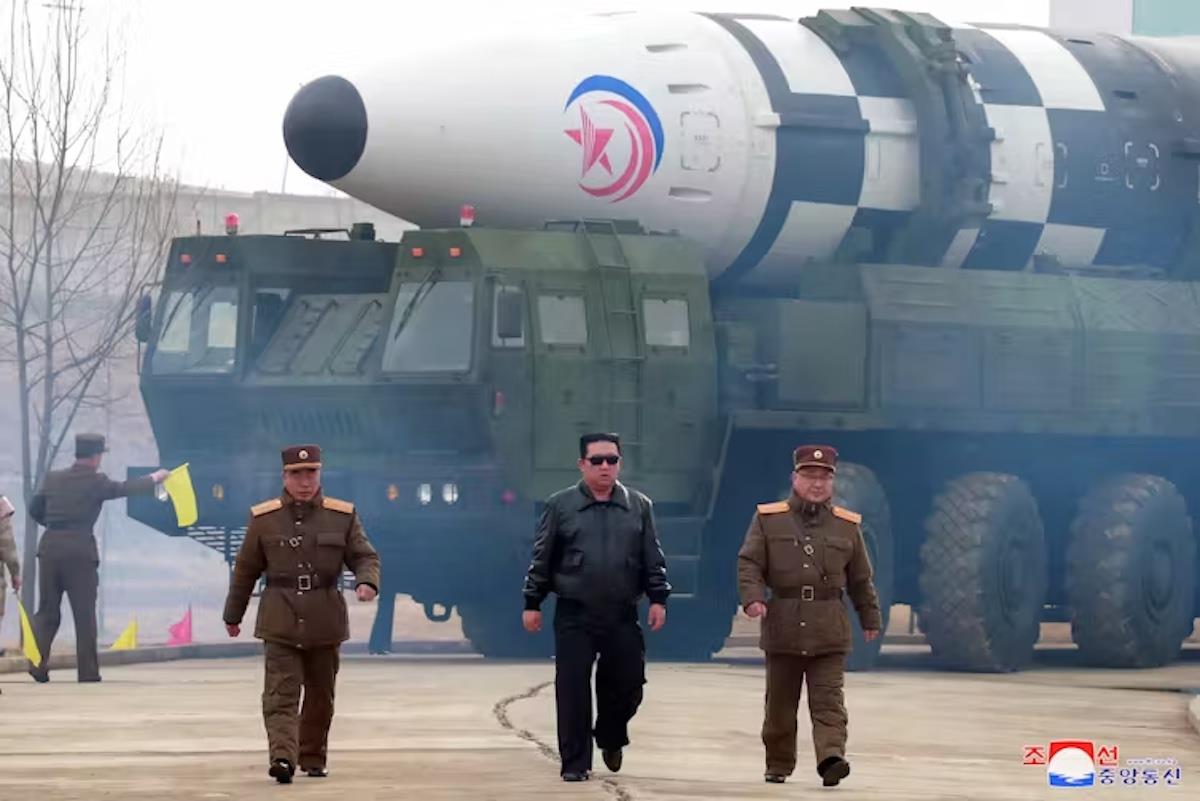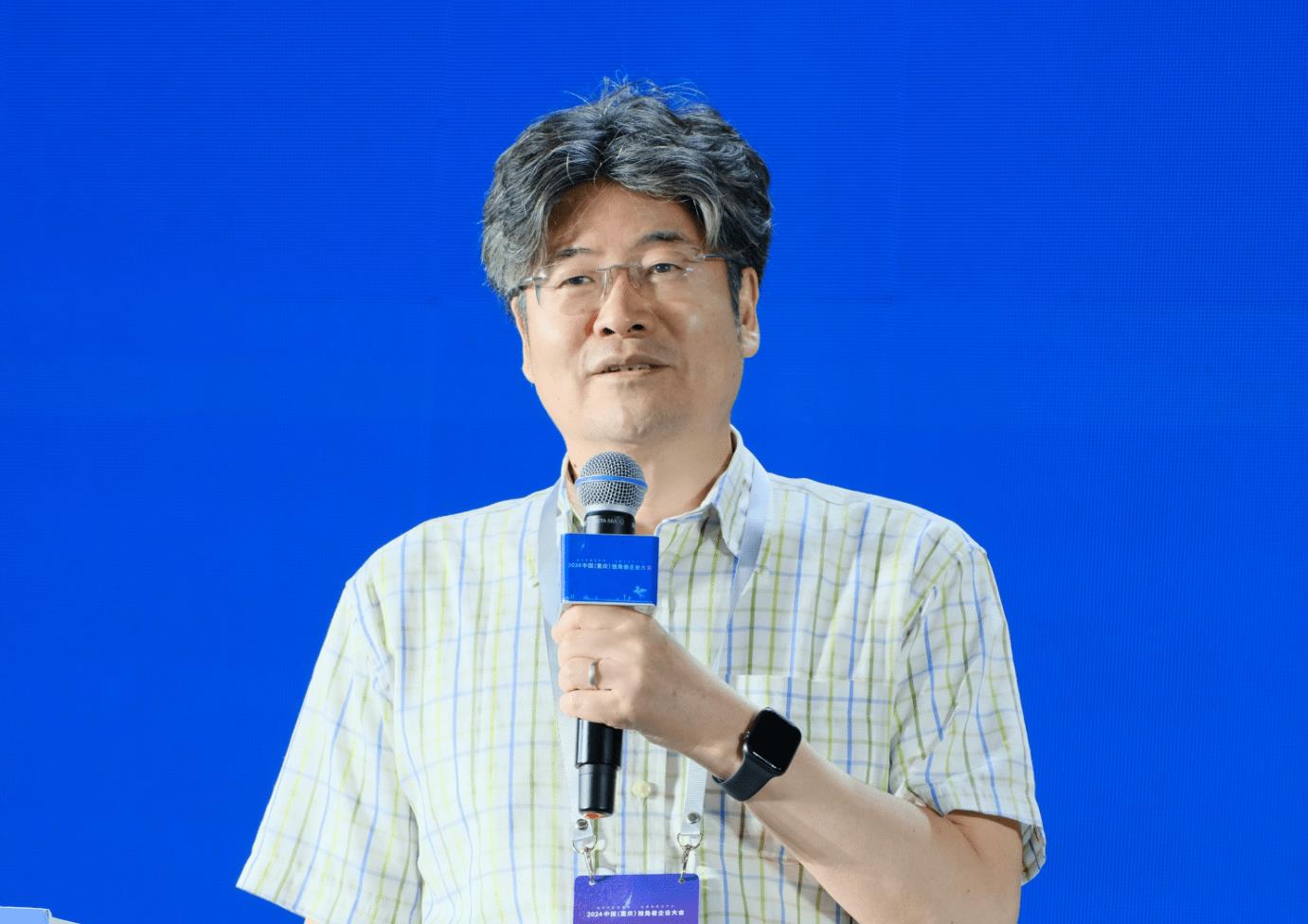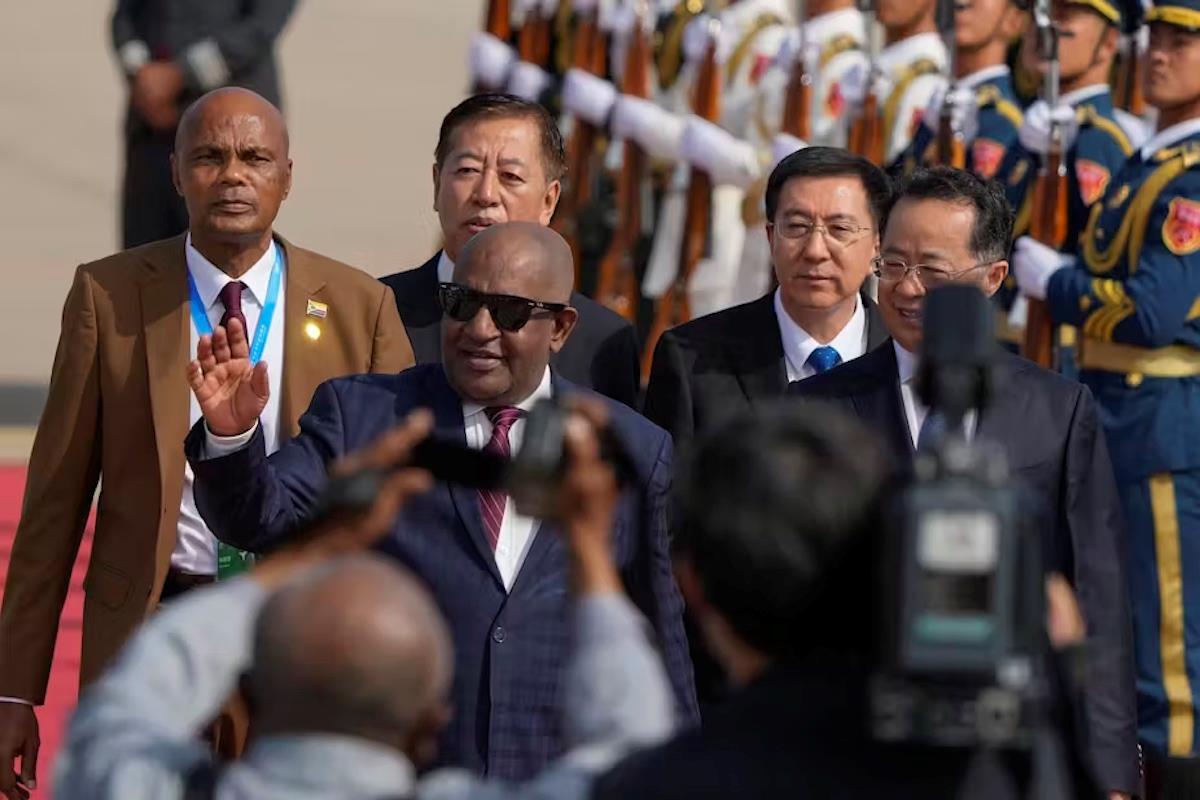
Time For South Korea To Go Nuclear
There is growing fear that the United States might hesitate to retaliate in the event of a North Korean nuclear strike, leading South Koreans to explore alternative security options.
The limitations of the NPT in effectively curbing nuclear proliferation, combined with the fragility of the US-South Korea alliance – strained by trade disputes and American threats to reduce military support – are further intensifying calls for South Korea to reconsider its non-nuclear stance.
The North Korea factorThe most immediate and compelling justification for South Korea to pursue its own nuclear program is the existential threat posed by North Korea.
Despite numerous diplomatic efforts, including summits and negotiations, Pyongyang has continued to expand its nuclear arsenal. The regime's growing stockpile, coupled with its development of advanced delivery systems like intercontinental ballistic missiles (ICBMs), poses a direct and significant threat not only to South Korea but also to the broader region and even the United States.
Although the US has long provided a nuclear umbrella to protect South Korea, relying solely on external guarantees in an increasingly uncertain geopolitical environment is becoming riskier. The US itself faces complex security challenges globally, and there are no assurances that future administrations will maintain the same level of commitment to South Korea's defense.
An independent nuclear deterrent would offer Seoul a powerful tool to ensure its own security, regardless of the shifting sands of international politics.
Regional power dynamicsBeyond the immediate threat from the North, South Korea must consider the broader regional power dynamics. China's rise as a global superpower has reshaped the security landscape of East Asia. Beijing's assertive actions in the South China Sea, its military modernization and its growing influence over regional affairs present both direct and indirect challenges to South Korea.
Japan, another key player in the region, has recently taken steps to bolster its own defense capabilities, including revising its pacifist constitution to allow for more robust military actions. This shift further complicates the strategic environment and raises questions about the long-term stability of the region.

Legal Disclaimer:
MENAFN provides the
information “as is” without warranty of any kind. We do not accept
any responsibility or liability for the accuracy, content, images,
videos, licenses, completeness, legality, or reliability of the information
contained in this article. If you have any complaints or copyright
issues related to this article, kindly contact the provider above.






















Comments
No comment